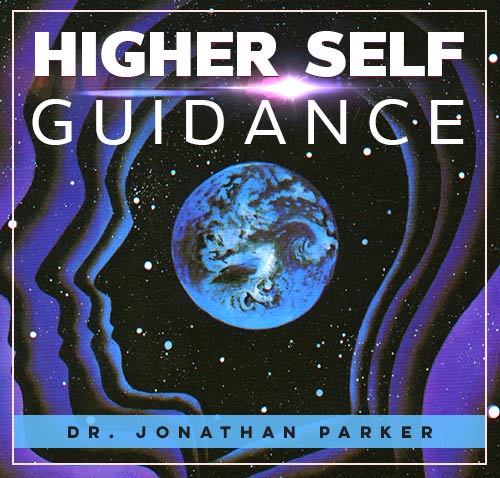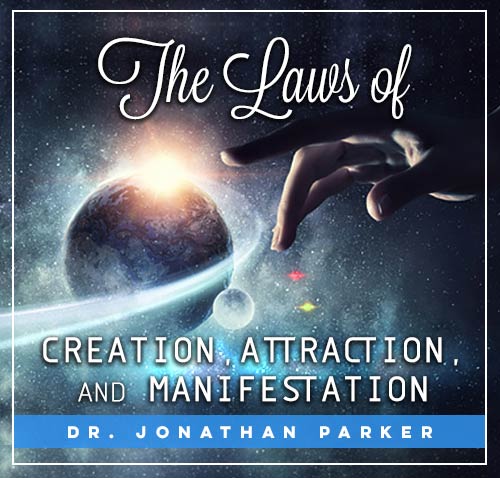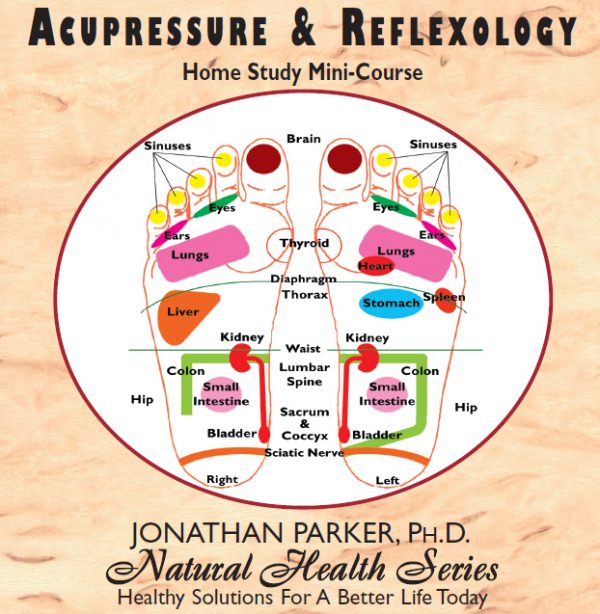Atman and Ahimsa: Nonviolence towards Self

Before diving in, please note: This post is for informational purposes only. If you’d like to know more about how we approach topics, feel free to check out our friendly Disclaimer Page.
Hey there, amazing readers! 
We’re committed to delivering quality posts, and your support (even just sticking around despite the ads) means everything to us. So, bear with us, and thanks for helping us keep the good vibes rolling. Now, on to the fun stuff!
TRANSLATE BUTTON AT THE END OF THE ARTICLE
A Quick Overview
In Hindu philosophy, the concepts of Atman and Ahimsa are deeply intertwined, emphasizing the importance of nonviolence towards oneself.
Atman refers to the true self, the eternal and unchanging essence within each individual.
Ahimsa, on the other hand, is the principle of nonviolence or non-harming, which is a fundamental tenet of Hinduism.
Understanding the relationship between Atman and Ahimsa can lead to greater self-compassion, self-love, and acceptance.
This article will delve into the significance of these concepts and how they can be applied in daily life to promote mental well-being and personal growth.
Understanding Atman: The True Self
Atman is often described as the innermost essence of an individual, the true self that transcends the physical body and mind.
It is believed to be eternal, unchanging, and interconnected with the universal consciousness or Brahman.
In Hindu philosophy, realizing one’s Atman is seen as the ultimate goal of life, leading to liberation (moksha) from the cycle of birth and death (samsara).
By recognizing the Atman within oneself, one can cultivate a deeper sense of self-awareness, inner peace, and spiritual fulfillment.
Exploring Ahimsa: Nonviolence in Hinduism
Ahimsa, or nonviolence, is a core principle in Hinduism that extends beyond physical harm to encompass all forms of violence, including emotional, mental, and spiritual harm.
It is based on the belief that all living beings are interconnected and deserve compassion and respect.
Ahimsa is practiced through kindness, empathy, and peaceful actions, promoting harmony and balance in the world.
Mahatma Gandhi famously championed the principle of Ahimsa as a powerful tool for social change and transformation.
The Connection between Atman and Ahimsa
The relationship between Atman and Ahimsa lies in the understanding that harming oneself or others goes against the inherent nature of the Atman, which is pure and compassionate.
By practicing Ahimsa towards oneself, individuals honor their true selves and cultivate a sense of inner harmony and well-being.
This connection encourages self-reflection, self-awareness, and mindfulness in thoughts, words, and actions.
By aligning with the principles of Ahimsa, individuals can nurture a sense of unity and interconnectedness with all beings.
Importance of nonviolence towards oneself
Nonviolence towards oneself is crucial for personal growth, self-acceptance, and emotional well-being.
When individuals practice self-compassion and self-love, they develop a greater sense of resilience, confidence, and inner peace.
By treating oneself with kindness and understanding, individuals can overcome self-criticism, negative self-talk, and self-destructive behaviors.
Cultivating nonviolence towards oneself leads to a deeper connection with the true self (Atman), fostering a sense of wholeness and authenticity.
Practicing self-compassion and self-love
Treat yourself with kindness and compassion
Practice positive self-talk and affirmations
Engage in self-care activities that nourish your mind, body, and spirit
Set healthy boundaries and prioritize your well-being
Celebrate your accomplishments and strengths, no matter how small they may seem
How to cultivate nonviolence towards the self
Practice mindfulness and self-awareness
Challenge negative thoughts and beliefs about yourself
Forgive yourself for past mistakes and failures
Surround yourself with supportive and loving relationships
Seek professional help or guidance if needed to address deeper issues or traumas
Overcoming self-criticism and negative self-talk
Overcoming self-criticism and negative self-talk requires conscious effort and self-awareness.
By reframing negative thoughts and beliefs about oneself, individuals can cultivate a more positive and compassionate self-view.
Techniques such as cognitive restructuring, self-compassion exercises, and mindfulness meditation can help individuals challenge self-critical patterns and develop a more nurturing inner dialogue.
It is important to practice self-acceptance and forgiveness, acknowledging that imperfection is a natural part of being human.
The role of mindfulness in self-compassion
Mindfulness plays a crucial role in cultivating self-compassion and nonviolence towards oneself.
By staying present in the moment and observing thoughts and emotions without judgment, individuals can develop a deeper understanding of their inner experiences.
Mindfulness practices such as meditation, deep breathing, and body scans can help individuals connect with their true selves (Atman) and foster a sense of compassion and empathy towards themselves and others.
Mindfulness allows individuals to cultivate self-awareness, emotional regulation, and resilience in the face of challenges.
Embracing imperfections and self-acceptance
Embracing imperfections and practicing self-acceptance are essential components of nonviolence towards oneself.
By acknowledging and embracing one’s flaws, weaknesses, and mistakes, individuals can cultivate a sense of humility, authenticity, and self-love.
Accepting oneself fully, with all of one’s strengths and limitations, allows for greater growth, self-discovery, and personal transformation.
Embracing imperfections fosters a sense of wholeness and unity with the true self (Atman), promoting inner peace and contentment.
The impact of self-compassion on mental health
Self-compassion has a profound impact on mental health, promoting greater emotional well-being, resilience, and self-esteem.
Research has shown that individuals who practice self-compassion are less likely to experience anxiety, depression, and stress.
By treating oneself with kindness, understanding, and forgiveness, individuals can build a foundation of self-worth and self-confidence.
Self-compassion allows individuals to navigate life’s challenges with greater ease and grace, fostering a sense of inner strength and empowerment.
Atman and Ahimsa in daily life
Incorporating the principles of Atman and Ahimsa into daily life can lead to a more fulfilling and harmonious existence.
By honoring the true self (Atman) and practicing nonviolence towards oneself, individuals can cultivate a sense of inner peace, authenticity, and connection.
This can be achieved through small acts of self-kindness, mindfulness practices, and self-care rituals.
By aligning with the principles of Atman and Ahimsa, individuals can create a positive ripple effect in their relationships, communities, and the world at large.
Finding balance between self-improvement and self-acceptance
Finding balance between self-improvement and self-acceptance is essential for personal growth and well-being.
While striving for self-improvement is important for growth and development, it is equally crucial to practice self-acceptance and self-love along the way.
By acknowledging one’s strengths and weaknesses, setting realistic goals, and celebrating progress, individuals can cultivate a sense of balance, resilience, and fulfillment.
Balancing self-improvement with self-acceptance allows individuals to embrace their true selves (Atman) and honor their journey of self-discovery and self-compassion.
Conclusion
In conclusion, the concepts of Atman and Ahimsa hold profound wisdom and guidance for cultivating nonviolence towards oneself.
By recognizing the true self (Atman) within and practicing kindness, compassion, and self-love, individuals can foster a deeper sense of inner peace, authenticity, and connection.
Incorporating mindfulness, self-compassion, and self-acceptance into daily life can lead to greater emotional well-being, resilience, and personal growth.
By embracing the principles of Atman and Ahimsa, individuals can embark on a transformative journey of self-discovery, self-compassion, and holistic well-being.

The Enlightenment Journey is a remarkable collection of writings authored by a distinguished group of experts in the fields of spirituality, new age, and esoteric knowledge.
This anthology features a diverse assembly of well-experienced authors who bring their profound insights and credible perspectives to the forefront.
Each contributor possesses a wealth of knowledge and wisdom, making them authorities in their respective domains.
Together, they offer readers a transformative journey into the realms of spiritual growth, self-discovery, and esoteric enlightenment.
The Enlightenment Journey is a testament to the collective expertise of these luminaries, providing readers with a rich tapestry of ideas and information to illuminate their spiritual path.
Our Diverse Expertise
While our primary focus is on spirituality and esotericism, we are equally passionate about exploring a wide range of other topics and niches 

To ensure we provide the most accurate and valuable insights, we collaborate with trusted experts in their respective domains 
Our blog originally focused on spirituality and metaphysics, but we’ve since expanded to cover a wide range of niches. Don’t worry—we continue to publish a lot of articles on spirituality! Frequently visit our blog to explore our diverse content and stay tuned for more insightful reads.

































































